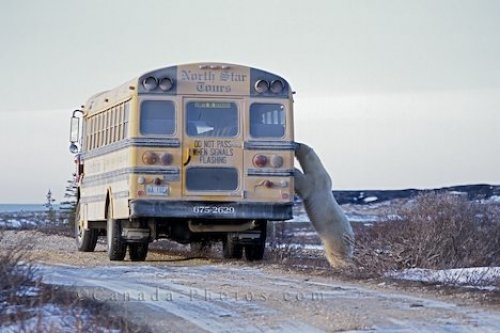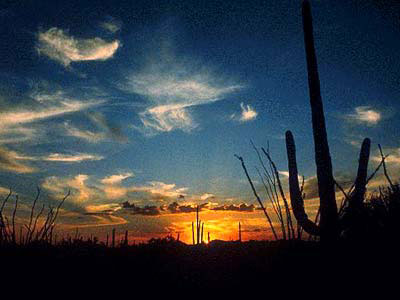"My humble plan was to become a hero of the environmental movement. I was going to go up to the Canadian Arctic, I was going to write this mournful elegy for the polar bears, at which point I'd be hailed as the next coming of John Muir and borne aloft on the shoulders of my environmental compatriots ...
"So when I got up there, I started realizing polar bears were not in as bad a shape as the conventional wisdom had led me to believe, which was actually very heartening, but didn't fit well with the book I'd been planning to write.
"... There are far more polar bears alive today than there were 40 years ago. ... In 1973, there was a global hunting ban. So once hunting was dramatically reduced, the population exploded. This is not to say that global warming is not real or is not a problem for the polar bears. But polar bear populations are large, and the truth is that we can't look at it as a monolithic population that is all going one way or another."
Zac Unger














